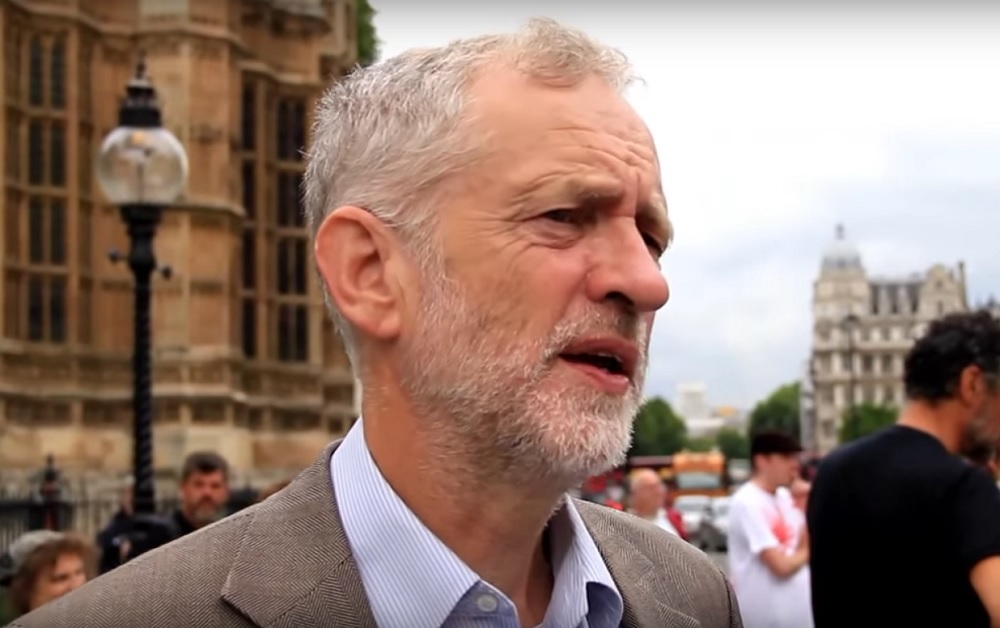Should political parties throw out members who vote for their rivals?

Graham Timms, Welsh Labour Councillor in Llangollen
In 2017 I became a Labour County Councillor for Llangollen, Denbighshire. Part of the reality of being an effective councillor is working together with councillors from other political parties. Moving forward and finding compromises can often take a long time and a lot of work, with those in the chamber holding views from across the political spectrum.
In my previous work as a physics teacher, the idea of a spectrum was often discussed. Just as in the electromagnetic spectrum where there is a gradual change in properties from one end to the other, political views can also be placed somewhere on a gradually changing scale.
Mathematicians describe this type of scale as ‘continuous’, meaning that any position across the range is possible. Political views can exist at the extremes, but most people are somewhere closer towards the middle. Many concepts in science are also continuous; for example speed, temperature, luminosity and time can have any value within a given range.
Unlike these scientific examples, our political views are too complex to be described by using one point on a single political scale. To accurately describe someone’s political views, we need a large number of separate, continuous criteria. People could place themselves in different positions on each scale to describe attitudes to workers’ rights, internationalism, the role of the state or Brexit, to name but a few.
Combining our position on each of these strands begins to define each of us as an individual. A combination of our position on each strand may help us to decide which political party we choose to support or join.
Attitudes to the European Union fall on a continuous scale from strong support to complete rejection. But again, this strand breaks down into many sub-strands, for example attitudes towards certain policy areas.
Like all these matters, over time our position on each strand may change with the passing of each news cycle. Many pro-Europeans were scandalised by the EU’s handling of the Greek debt crisis, for example. This fluidity also holds for our position on all of the strands that contribute towards our political make-up.
Central
This is why it gets much more complicated when we are faced with a binary choice, as in the 2016 referendum, because the question didn’t ask for a position on the scale, or even a choice of multiple options, but for a ‘yes’ or ‘no’.
The result then links together everyone who votes in each direction as a discrete group. In reality, the two extremes even within each group are very different. To make matters even more complicated, the continually changing position of individuals on the scale can make a big difference on someone’s binary choice.
By crossing the central position, a remainer could become a leaver, or vice versa, even though that person’s view may have only changed very slightly.
Trouble
Political parties are usually mutually exclusive. If you join one, you cannot belong to another. Mathematicians call this type of choice ‘discrete’ because each person can only select one party from the range on offer. Individuals have to compromise on some issues and find the best fit with their views.
As a member, you adopt the same identity as the rest of your party – even though in reality you may disagree with the party position on quite a few issues. Now that you have chosen a party, your political ambition means that your success comes when other parties fail.
Sometimes things don’t work out and unfortunately the discrete party system is not tolerant of those who fail to support the adopted party line. Parties expect loyalty from their members.
Unfortunately, in the recent European Parliamentary election many people decided to switch their vote since their view on Brexit contradicted the party that they traditionally supported. This applied across the political spectrum, but here in Wales it had a much greater negative effect on Conservatives (-10.9%) and Labour (-12.9%), whilst benefitting the Liberal Democrats (+9.7%), Plaid Cymru (+4.3%), the Green Party(+1.8%), and unfortunately, the Brexit Party.
Just a few years ago the ‘European issue’ would have ranked quite low on deciding how people vote. How quickly things have changed, to the point where friends fall out and families row over an incredibly complex issue, even though most of us cannot claim to have an in-depth knowledge on the subject.
It has even led some prominent members of political parties taking their vote elsewhere, risking expulsion from their party. The continuous political scale and the discrete party system creates a real dilemma for many party members.
Perhaps the best way to avoid trouble when voting in elections is to remain ‘continuously discrete’. (But to be indiscreet for a moment, I did vote Labour).
In the meantime however, perhaps we should rethink whether we can throw people out of political parties when they vote for our rivals.
Support our Nation today
For the price of a cup of coffee a month you can help us create an independent, not-for-profit, national news service for the people of Wales, by the people of Wales.







